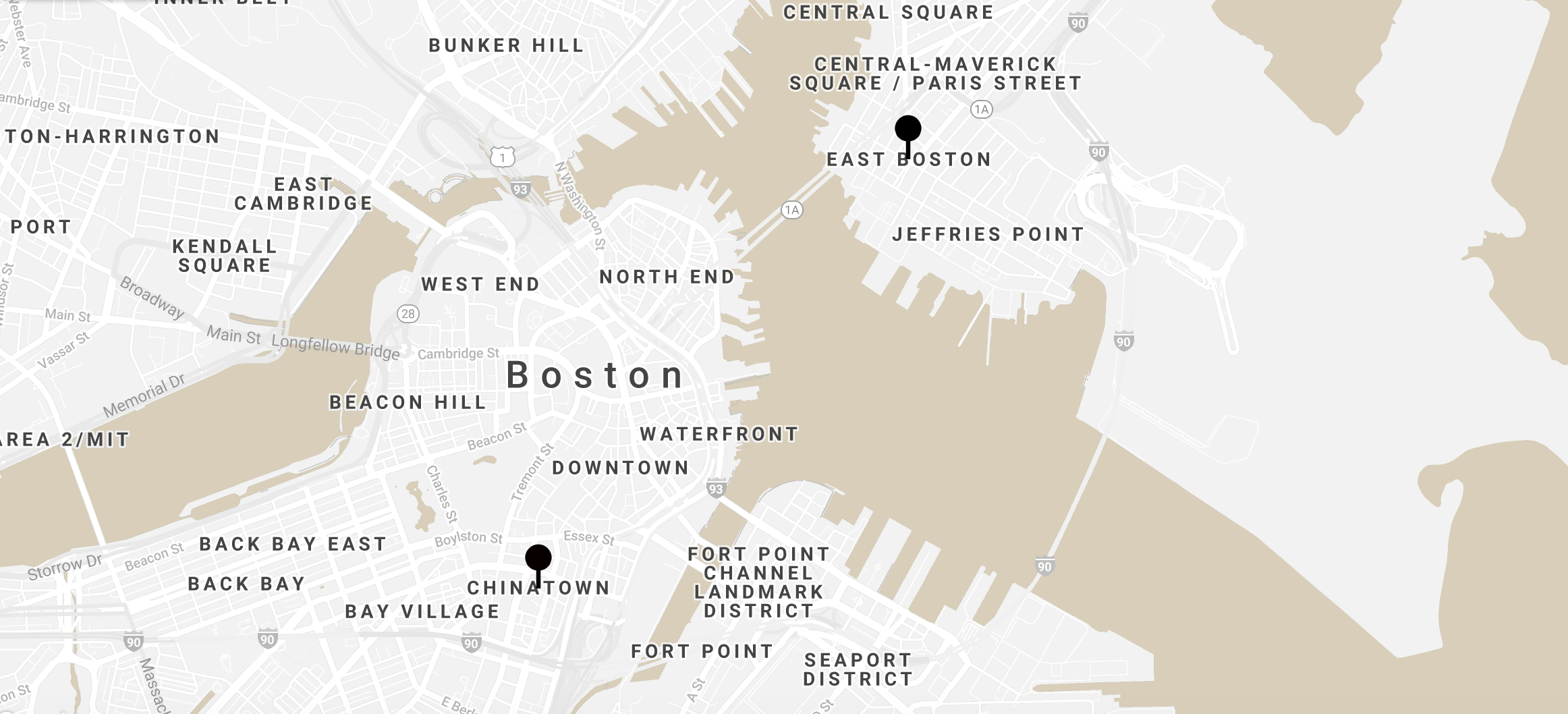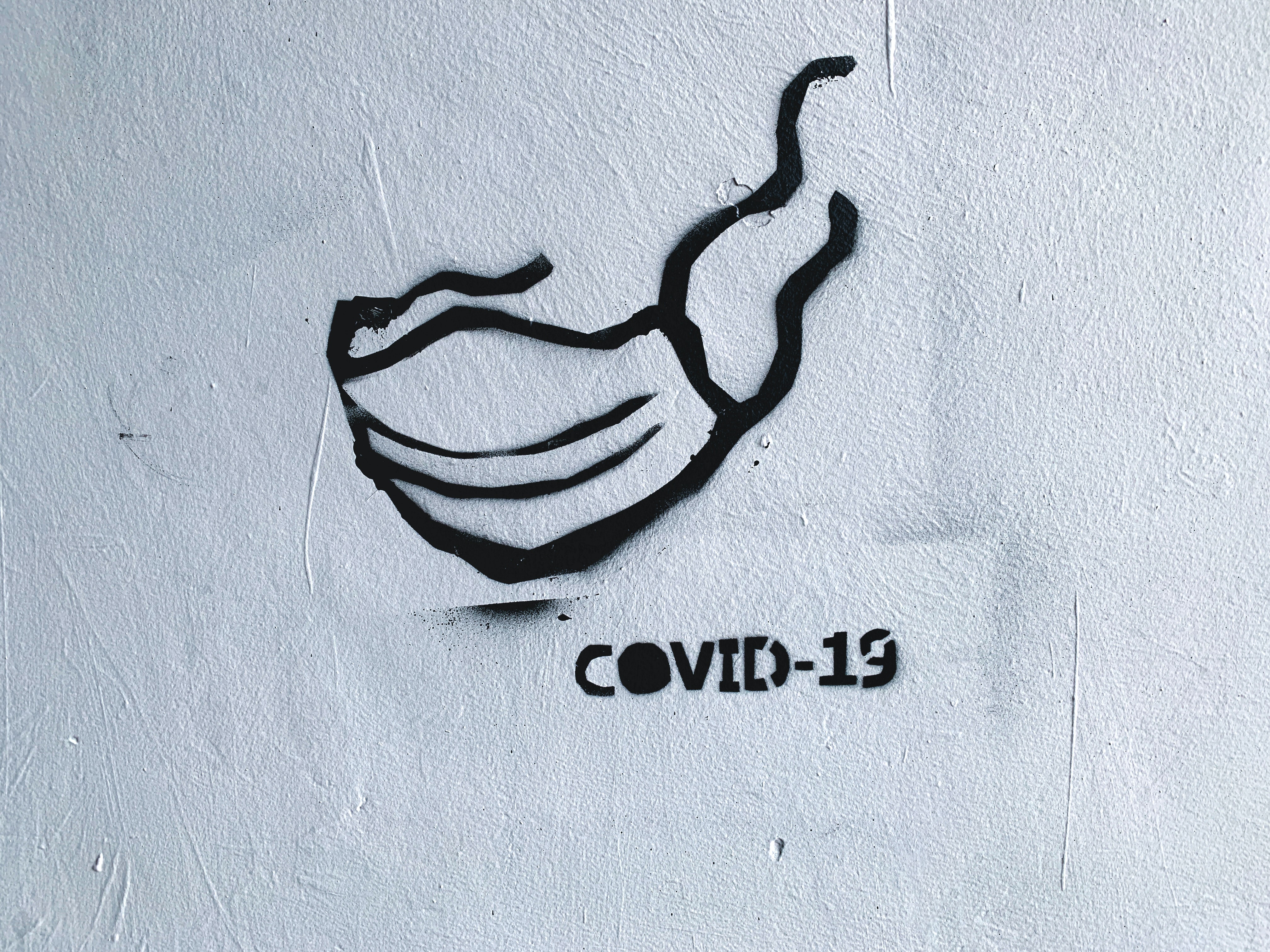The COVID-19 pandemic has affected everyone, but not equally.
The pandemic amplified a huge gap between white and minority communities, including access to food, economic resources, job opportunities, and education. Because communities of color face more economic insecurity and often work service jobs, they face a greater risk of exposure to the virus and are disproportionately affected by COVID-19.
Confirmed Cases, Deaths, and Vaccinations in Suffolk Country
25% of the Boston population is Black, 19.8% of the Boston population is Latinx, and 52.8% is white. Yet, Black people make up 24% of the reported COVID-19 cases. Latinx people make up 30% of the cases. White people only make up 34%.
Neighborhoods like Dorchester, Hyde Park, Revere, and East Boston, which are predominately Black & Brown neighborhoods, experience higher rates of COVID-19. The pandemic only amplified and exacerbated the real issue: access to a healthy, happy, high-quality life is not insured for communities of color.
Our goal is to focus on small businesses of color, many of whom financially struggle to maintain their business and face increasing uncertainty about reopening and going back to “normal.” This website aims to promote dialogue about the disproportionate impacts of COVID-19 on minority businesses. The goal is to spread awareness about local businesses in Boston and the greater Boston area and support them.
The pandemic’s disproportionate impact on minority-owned small businesses is further evidence of systemic inequalities in our country. Even more concerning, the pandemic could exacerbate and elongate the economic struggles already facing minority-owned businesses and families.
-Suzanne P. Clark, president of the U.S. Chamber
Learn More About the Local Businesses in Boston

